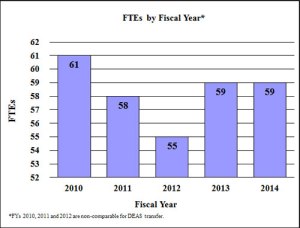
One of the most difficult things to understand for my students is knowing when to use “it” and when to use “that” (or sometimes “this”). I have to admit that I found it difficult to explain this but I think I’ve managed to come up with a few rules about the usage of these pronouns.
First of all, it’s important to note that the pronouns “this” and “that” are stronger in nature than “it”. They are generally used to emphasize something. However, it is important to note that something is usually only emphasized once in a space of one or two sentences. We use “this” or “that” to emphasize it first and after that we use “it”. For example:
A: What is this?
B: It‘s a toy for children.
I don’t know what this is used for. Do you think it‘s used in the kitchen?
A: Is that a cat?
B: No, I think it‘s a rabbit.
I can’t understand why you did that. It was a really stupid thing to do.
We also use “that” to make reference to something a person has just said in the previous sentence or statement. This can be someone else the speaker is talking to, or it can be the speaker himself or herself. For example:
A: We should paint our house yellow.
B: I don’t think that is such a good idea.
I think it would be a good idea for you to eat more vegetables. That will help you lose weight.
We can sometimes use “this” instead of “that” when it’s the same person speaking, but this will make the explanation seem more intimate. It is often used when doing some kind of presentation or demonstration. For example:
You should cut up the onions very finely. This will allow them to cook more quickly.
It’s important to note that it makes a difference if the original noun is an object or an idea. If it’s an object, we often use “it” as the pronoun. However, if the original noun is an idea or something non-tangible, we often use “that” or “this” as the pronoun. For example:
Peter thinks we should get a bigger sign. He says it will help us increase sales.
Peter thinks we should move to a new location downtown. He says that will help us increase sales.
In the first sentence, the pronoun “it” refers to a physical object, the sign; however, in the second sentence the pronoun “that” refers to an idea, the plan to move to a new location.
I hope today’s blog entry helps people understand this complex feature of English a little better.








